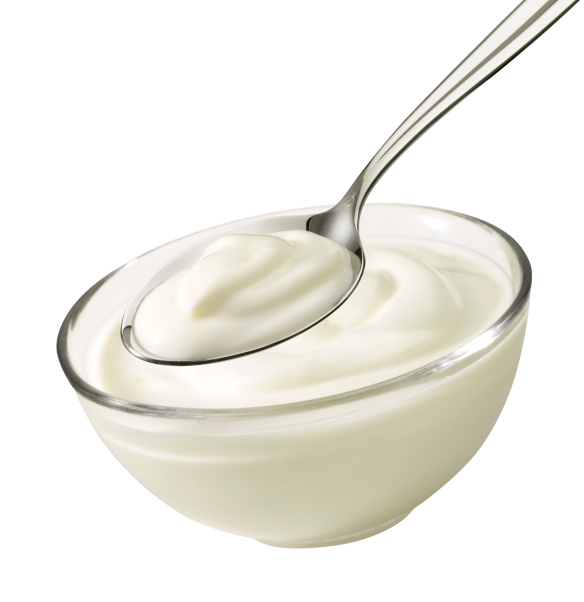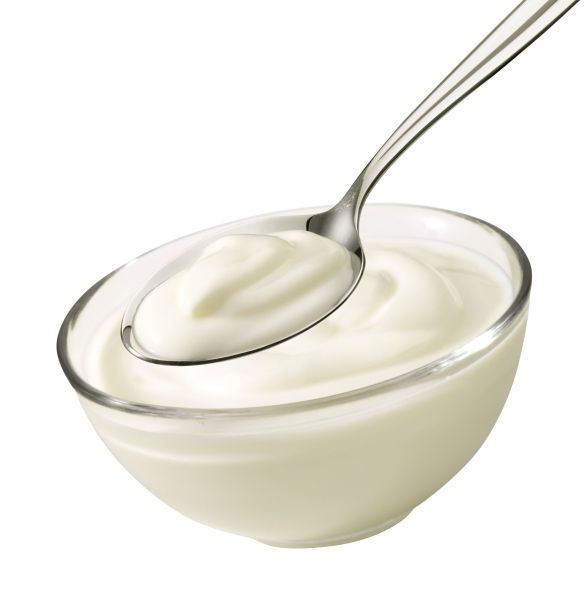The friendly bacteria found in probiotics might help you get through cold and flu season. Chinese scientists extracting data from 10 prior randomized controlled trials totaling 3,451 participants concluded that probiotics from yogurt or supplements lowered the risk of upper respiratory tract infections.

Bi Rong Dong, MD, of Sichuan University, and colleagues reviewed the research on probiotics and acute upper respiratory infections for The Cochrane Library, an independent collaborative that provides evidence for healthcare decision-making. They concluded, The evidence is weak, but our review shows a benefit of using probiotics to prevent acute upper respiratory tract infections.
Those in the studies who took probiotics for more than a week developed 12% fewer such infections compared to a placebo or no treatment. Probiotics were also associated with a lower rate of multiple infections and less likelihood of antibiotics being needed to treat upper respiratory tract infections. There was no significant difference, however, in average duration of infections.
Before you count on probiotics this cold and flu season, however, Tufts Simin Nikbin Meydani, DVM, PhD, advises putting this new review in context-noting that other studies of probiotics against respiratory infections have had disappointing results. Meydani, a professor of nutrition and immunology and director of Tufts USDA Human Nutrition Research Center on Aging, adds, We have done two animal studies with flu and one particular probiotic and neither has been positive. Maybe it has to do with the type of probiotic we used, or maybe it does not work against flu.
Indeed, a 2010 settlement with the Federal Trade Commission required Dannon, which marketed its drinkable yogurt DanActiv as an immune-system booster, to avoid claims that any yogurt, dairy drink or probiotic food or drink reduces the likelihood of getting a cold or the flu, without an OK from the Food and Drug Administration.
If you do decide to give probiotics a try, Robert M. Russell, MD, a gastroenterologist and emeritus professor in Tufts Friedman School, says to make sure that the friendly bacteria youre ingesting are live. If the label doesnt specifically say live, he advises skipping the product. Probiotics should also have a high bacterial count, typically labeled as colony forming units or CFU; look for at least 5-10 billion per serving. Keep probiotic products in the refrigerator to help the bacteria remain live. (See our November 2011 Special Report for more on probiotics.)
In any case, Meydani adds, dont forget that your first line of defense against upper respiratory infections should be getting a flu shot and frequently washing your hands.
TO LEARN MORE: The Cochrane Library, summaries.cochrane.org/CD006895/probiotics-for-preventing-acute-upper-respiratory-tract-infections.
























